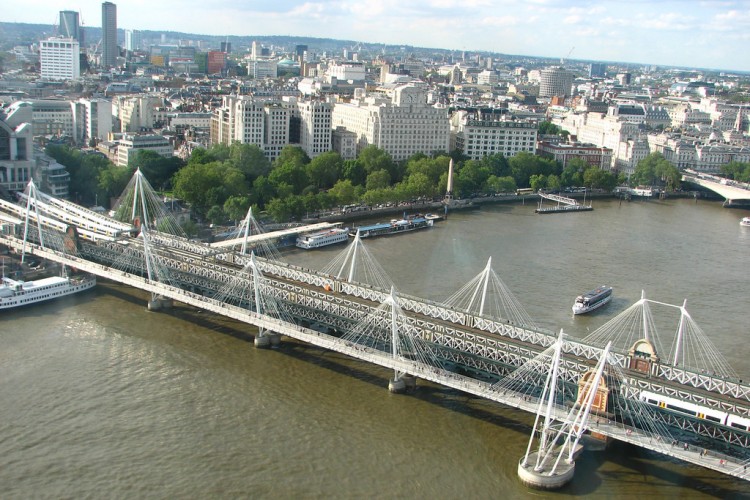The UK Government should review its Mode Shift Revenue Support (MSRS) scheme – aimed at rail and inland water freight transport – and adapt it to become more accommodating for water, as well as rail operators, according to business group Logistics UK. The call follows a ‘Light Freight on the River Thames’ roundtable hosted by Logistics UK, in which the Thames Estuary Growth Board (TEGB) and Port of London Authority (PLA) released the ‘MSRS – Light Freight Analysis Report’.
“Research has shown that 95% of the funding from the MSRS scheme has been allocated to rail freight. While rail provides strong opportunities for modal shift and must be supported, it is important that government allocates further funding to the scheme and it is amended to deliver for both rail and inland waterways,” said Public Policy Manager at Logistics UK, Alexandra Herdman.*
Herdman added that moving freight by inland waterways holds decarbonisation benefits – a barge fully loaded with aggregates can replace the job of 17 HGVs – however, use of this mode has declined in recent years, despite the UK’s network of canals and rivers which links many of our major cities.
As the report clearly demonstrates, action must be taken to prevent disadvantaging water freight, which also brings many social and economic benefits.






